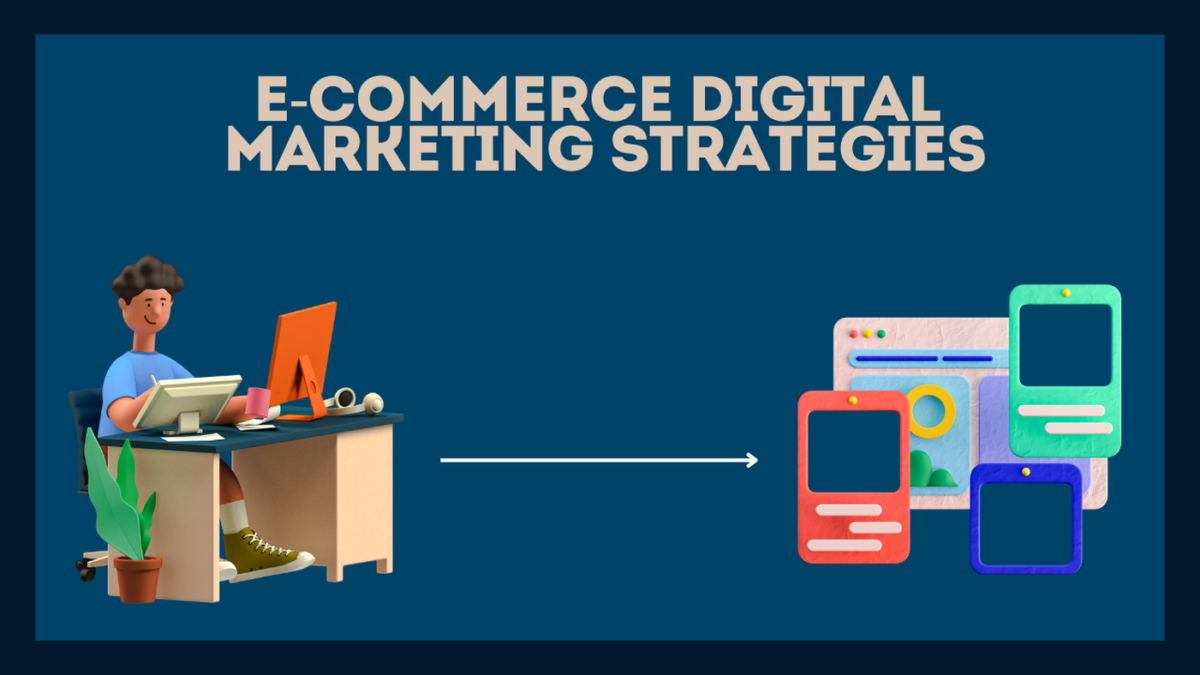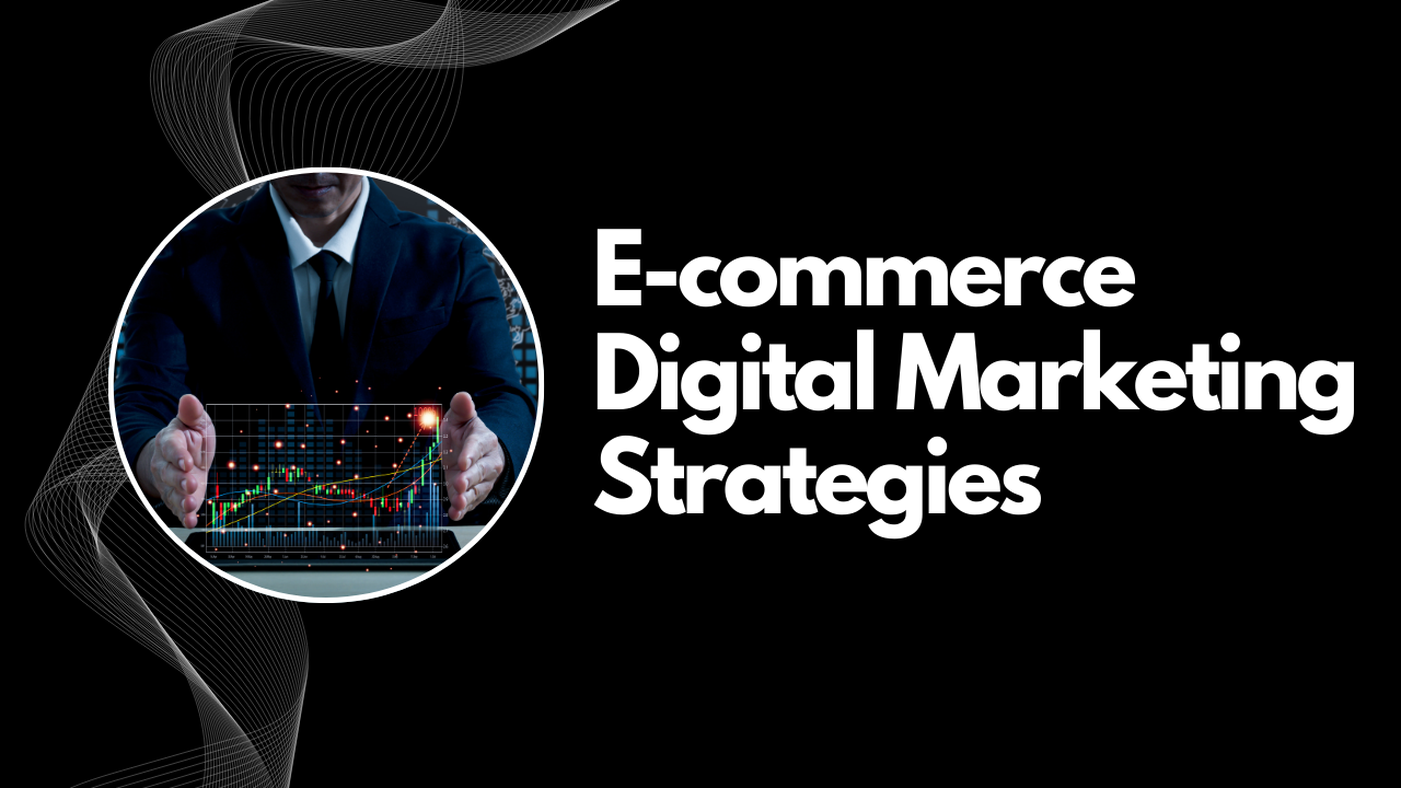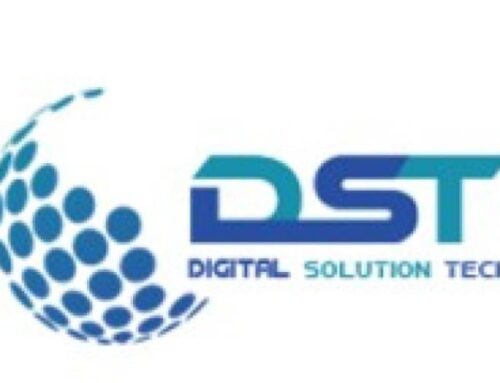In the fast-paced world of online retail, effective digital marketing strategies are crucial for e-commerce success. As competition intensifies, businesses must adapt and innovate to capture the attention of potential customers. This blog post explores key e-commerce digital marketing strategies that can be implemented to drive traffic, increase conversions, and boost sales.

Search Engine Optimization (SEO)
SEO remains a cornerstone of e-commerce digital marketing. By optimizing your website and product pages, higher rankings in search engine results can be achieved. Key SEO tactics include:
- Keyword research and optimization
- Creating high-quality, unique product descriptions
- Optimizing meta titles and descriptions
- Improving site speed and mobile responsiveness
These efforts are rewarded with increased organic traffic, which often translates to higher conversion rates.
Content Marketing
Content marketing is leveraged by successful e-commerce businesses to attract and engage customers. Various types of content can be created, including:
- Blog posts
- Product guides
- How-to videos
- Infographics
Valuable content is shared by users, increasing brand visibility and driving traffic to your site. Additionally, search engines favor websites that consistently produce high-quality content.
Email Marketing
Email marketing continues to be one of the most effective digital marketing strategies for e-commerce. Personalized email campaigns are crafted to nurture leads, recover abandoned carts, and encourage repeat purchases. Some effective email marketing tactics include:
- Welcome series for new subscribers
- Personalized product recommendations
- Re-engagement campaigns for inactive customers
- Post-purchase follow-ups
By segmenting your email list, messages can be tailored to specific customer groups, improving engagement and conversion rates.
Social Media Marketing
Social platforms are utilized by e-commerce businesses to build brand awareness, engage with customers, and drive sales. Each platform offers unique opportunities:
- Instagram and Pinterest are ideal for visually showcasing products
- Facebook provides robust advertising options and can host a shop
- Twitter is great for customer service and real-time engagement
- TikTok offers opportunities for viral marketing campaigns
Social media marketing strategies should be tailored to your target audience and the platforms they frequent.
Pay-Per-Click (PPC) Advertising in E-commerce Digital Marketing
PPC advertising, particularly through Google Ads and social media platforms, is a powerful tool for driving targeted traffic to your e-commerce site. Effective PPC strategies include:
- Keyword targeting for search ads
- Retargeting campaigns for previous site visitors
- Dynamic product ads showcasing items from your catalog
PPC campaigns can be optimized over time to improve ROI and increase conversions.
Influencer Marketing in E-commerce Digital Marketing
Influencer partnerships are leveraged by many e-commerce brands to reach new audiences and build trust. When selecting influencers, consider:
- Relevance to your niche
- Engagement rates
- Authenticity of their following
Influencer collaborations can take various forms, from sponsored posts to long-term brand ambassadorships.
User-Generated Content (UGC) in E-commerce Digital Marketing
UGC is encouraged and showcased by smart e-commerce marketers. Customer photos, reviews, and testimonials serve as powerful social proof. Strategies to increase UGC include:
- Running social media contests
- Creating branded hashtags
- Offering incentives for reviews and photos
UGC not only provides authentic marketing material but also fosters a sense of community around your brand.
Conversion Rate Optimization (CRO)
CRO is an ongoing process that should be prioritized in your e-commerce digital marketing strategy. Various elements of your website can be tested and optimized, including:
- Call-to-action buttons
- Product page layouts
- Checkout process
- Site navigation
A/B testing is conducted to identify the most effective designs and features, leading to improved conversion rates and increased revenue.
Personalization
Personalization is implemented by leading e-commerce sites to enhance the customer experience. This can be achieved through:
- Personalized product recommendations
- Tailored email content
- Dynamic website content based on user behavior
By leveraging data and AI, personalized experiences can be created that resonate with individual customers.
Mobile Optimization in E-commerce Digital Marketing
With the majority of e-commerce traffic coming from mobile devices, mobile optimization is no longer optional. Ensure your site is:
- Responsive across all devices
- Quick to load on mobile networks
- Easy to navigate on smaller screens
Google’s mobile-first indexing means that mobile optimization also impacts your search engine rankings.
Voice Search Optimization in E-commerce Digital Marketing
As voice assistants become more prevalent, optimizing for voice search is increasingly important. Strategies include:
- Using natural language in your content
- Optimizing for local searches
- Creating FAQ pages that answer common voice queries
By preparing for voice search, you can capture this growing segment of search traffic.
Analytics and Data-Driven Decision Making
Successful e-commerce digital marketing strategies are built on a foundation of data. Key metrics should be tracked, including:
- Traffic sources
- Conversion rates
- Average order value
- Customer lifetime value
These insights are used to refine your marketing strategies and allocate resources effectively.
Conclusion
E-commerce digital marketing is a complex and ever-evolving field. By implementing a mix of these strategies, your online store can attract more visitors, convert them into customers, and encourage repeat business. Remember that the most effective approach is often a combination of multiple strategies, tailored to your specific products, target audience, and business goals.
It’s crucial to stay informed about the latest trends and technologies in e-commerce digital marketing. The digital landscape is constantly changing, and strategies that work today may need to be adapted tomorrow. Continuous learning and experimentation are key to staying ahead of the competition.
As you develop your e-commerce digital marketing plan, focus on creating a seamless and engaging customer journey across all touchpoints. From the first ad impression to post-purchase follow-ups, every interaction is an opportunity to strengthen your brand and build customer loyalty.
By consistently applying these strategies and refining them based on performance data, your e-commerce business can thrive in the competitive online marketplace. Remember, success in e-commerce digital marketing is not achieved overnight – it requires patience, persistence, and a willingness to adapt to the changing needs of your customers and the digital ecosystem.
visit our
Website: https://digitalsolutiontech.com/
LinkedIn: https://www.linkedin.com/company/digitalsolutiontech/






Leave A Comment